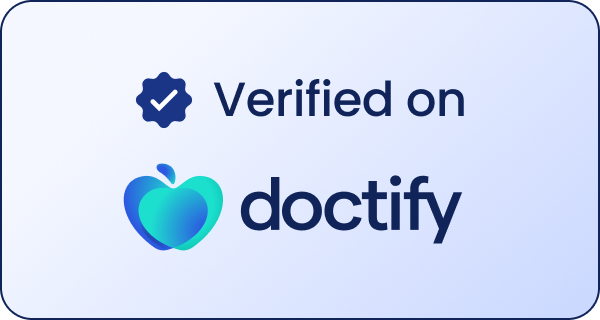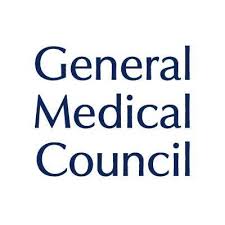What is bronchiolitis?
Bronchiolitis is a common viral respiratory infection that affects the small airways in the lungs, known as bronchioles. It primarily impacts babies and toddlers under 12 months of age and is often caused by the respiratory syncytial virus (RSV) or other common cold viruses. While bronchiolitis is usually mild, it can cause significant discomfort and, in some cases, lead to breathing difficulties.



